Mid May humpback whales begin passing by Sydney on their northern migration coming from antarctic waters to the south. Whale numbers are low for the first few days, but are building quickly each day, reaching the peak of the northern migration with hundreds of whales passing per day towards the end of June / beginning of July. By mid August we see the last whales going north as they will have moved past Sydney onto their breeding grounds up north.
On the northern Migration we see a lot of breaching whales and active males showing their dominance to impress females for mating.
By mid August most whales have passed Sydney on their way north and we are starting to see the first whales swimming south again. An interesting time of the season with whales going both directions which can make for interesting interactions between them!
Towards the end of August and through September we quite regularly encounter very curious humpback whales that are coming right up to our boats, swimming circles around us for hours. This is called a “mugging” and is some of the best whale watching you can have.
Whales during this time of the season can be quite far away from land as they follow southerly flowing currents that are further offshore.
In October and November we see a lot of mothers and calves coming down the coast. They usually swim slower than pods without calves, as the calf isn’t that fast just yet and her mother is looking after it on it’s journey south. They are the last whales to come past Sydney before our season comes to an end.
Mothers and calves are usually very close to the coast and great fun to watch with the mother teaching her calf how to whale (breaching for example) and the calf repeating what it has learnt for hours non stop!
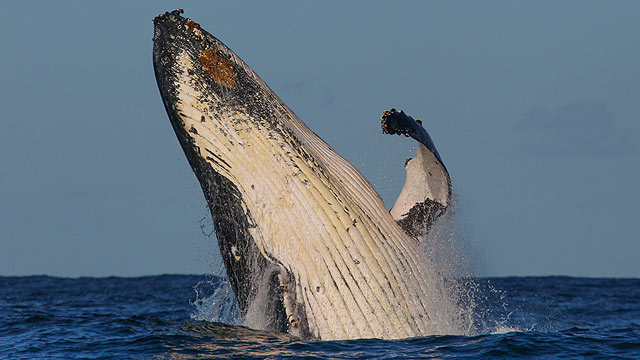
Humpback Whales we see on almost every trip. They are the main species of whale migrating past the coast of Sydney from May to December.
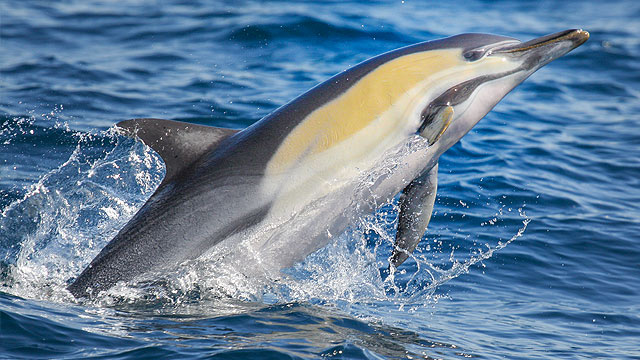
There is a 50/50 chance to see dolphins on your cruise with us. The most common species are Bottlenose Dolphins and Common Pacific Dolphins.
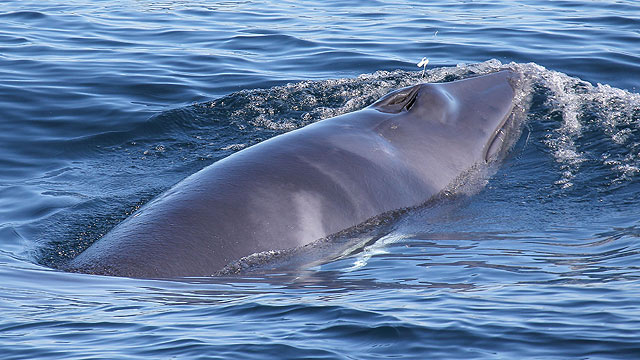
Minke Whales are a little bit smaller than Humpback Whales and very elusive. They don’t like to be watched making for tricky whale watching.
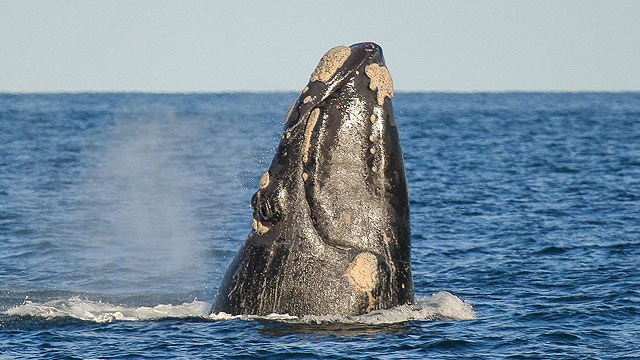
We get to see Southern Right Whales around 4-5 times a season. They don’t migrate like the humpback whale does and there are not as many.
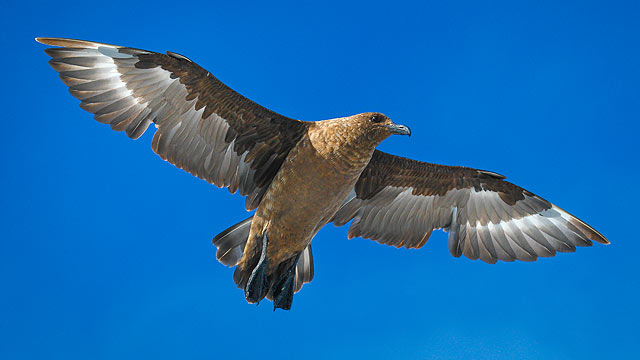
We get many different species of Albatross (mostly Black Brow and Yellow Nose), Gannets, Shear Waters, Terns, Petrels & Skuas
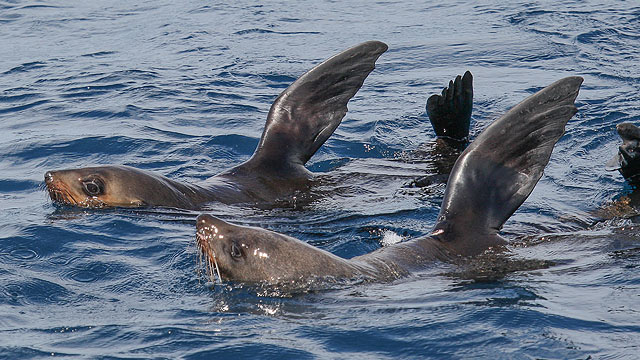
Often seen soaking in the sun on the surface of the water out in the open ocean or at a seal colony at the base of the cliffs close to the harbour entrance
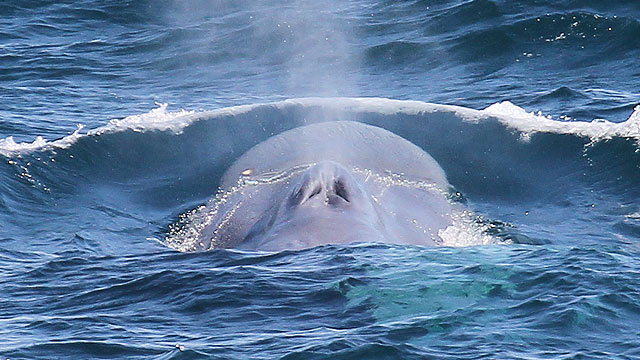
A very rare visitor to the shores of Sydney. We only saw two in the last 10 years. With up to 35m long it is the largest animal to have ever lived on our planet
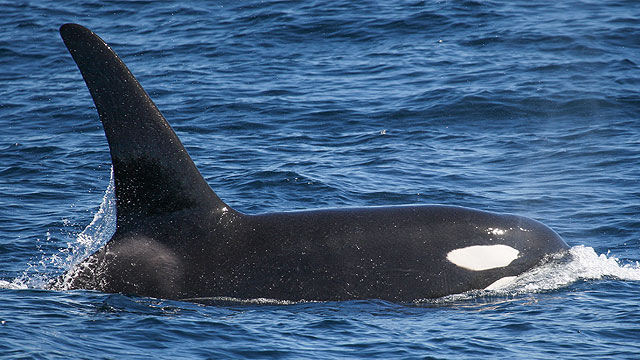
Also known as Killers Whales. Also a rare visitor with 3 sightings over the last 10 years. Easy to identify with a dorsal fin measuring more than 2m tall.
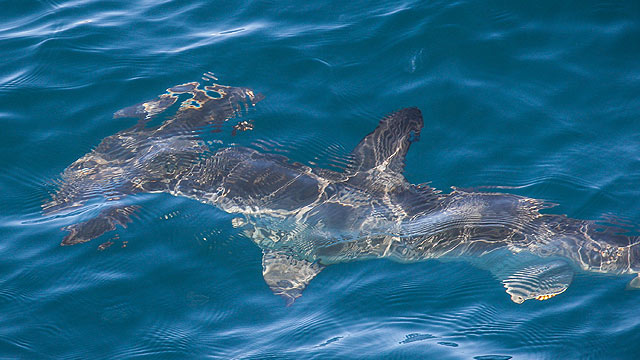
Every once in a while we come across something we don’t usually get: Sharks, False Killer Whales, Pilot Whales, Sun Fish, Rays, Turtles
We acknowledge the Traditional Custodians of the land and waterways on which our business operates. We pay our respects to Aboriginal and Torres Strait Islander Elders past, present and emerging.